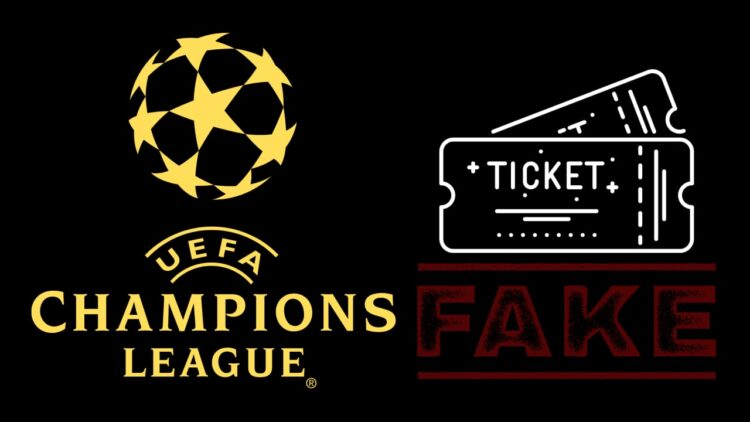On Saturday evening, Liverpool faced Real Madrid in the Uefa Champions League Final. The fixture was meant to start by 9:00 pm, Parisian time. However, due to a clash with some Liverpool fans over fake tickets, the game was delayed by about 35 minutes.
It was discovered that more than 30,000 Liverpool fans showed up at the venue with fake tickets. As such, they were prevented from entering the stadium. Although many fans claimed that they got their tickets directly from the club, their claims could hardly be verified.
Following the saga, Andy Robertson stated that fans with original tickets were also prevented from getting into the stadium on Saturday night. A friend of the Liverpool left-back was also bounced from getting into the stadium, although he got his ticket from Robertson, who got the ticket from the club.
Amélie Oudéa-Castéra, the French sports minister, commented on the situation. She said: “We have to improve on organizing these tricky matches, including better management of fan flows from local stations to the stadium, filtering, and digital ticketing.”
Digital Ticketing – The Solution to Fake Tickets
Implementing digital ticketing could have avoided the chaos at the Stade de Paris on Saturday evening. Digital tickets could be issued to fans as NFTs. Non-fungible tokens contain data that can easily be verified on the blockchain, and fake tickets would stand no chance of causing chaos.
Additionally, data on the blockchain is open and can be traced. NFT transfers can be tracked, and in cases where organizations issuing tickets do not want them to be transferrable, such tickets can be developed as non-transferrable.
NFT ticketing is becoming more popular than ever before, and some music and sports brands are already using them. In the past year, famous football clubs signed deals with some NFT and crypto projects. As a solution to fake ticketing, UEFA may embrace non-fungible tickets shortly.










